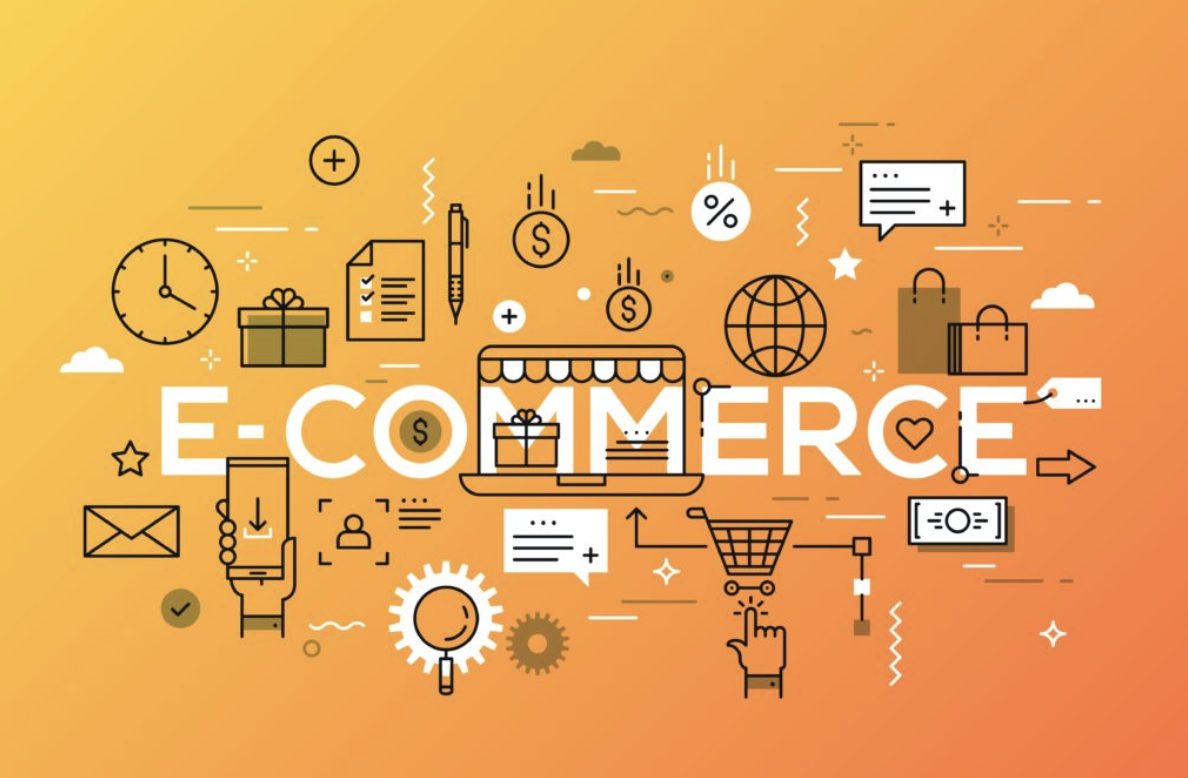
The Impact of AI on Ecommerce Hiring
Artificial intelligence (AI) is changing how businesses hire new people, especially in the e-commerce industry. With online sales increasing steadily, so is the urgency to improve ecommerce hiring practices.
AI has also evolved in terms of recruitment, screening, and workforce planning processes, allowing businesses to make more timely decisions and streamline hiring. The AI’s influence on how hiring practices are changing in ecommerce, as well as things needed by HR and business owners in ecommerce spaces.
Businesses that are incorporating AI into their hiring processes have noted significant improvement in efficiencies, with nearly 90% of them able to identify and onboard talent much quicker than they have done previously.
AI allows teams to automate resume screening, matching job descriptions, and scheduling interviews all without any burden.
Pros of AI in Ecommerce Hiring
Let’s find out the pros of ecommerce AI-driven hiring, for better:
Better Selection
Arjun Narayan, CEO of SalesDuo said, AI can sift through thousands of applications to assess and rank candidates based on skills, experience, and relevance. This assistant prioritizes the most qualified candidates to move on. It also gives companies an easy and equitable way to engage with a recruitment pool. In ecommerce, where speed and flexibility are essential, AI allows companies to build better teams and talent to meet the shifting demands of the digital retail landscape.
Scalability for High Volume Hiring
Hiring needs can explode during peak season or as e-commerce companies rapidly grow. AI recruiting can screen and sort thousands of candidates and applications in real time. This means no delays as companies work through hiring volumes.
Reduce Time-To-Hire
David Magnani, Managing Director of M&A Executive Search said, AI automates basic repetitive tasks of hiring, such as screening resumes, initial contact, and interview setup, which shorten the inherencies of the hiring cycle. In ecommerce, when timing is everything for a product launch or campaign rollout, faster hiring means faster deployment and execution of teams to meet demand.
Easy Candidate Validation
AI platforms are connected to public databases and digital records to verify things such as education, employment history, and even identity. Thus, e-commerce companies can avoid fraud and hire a trusted team where remote or cross-border hiring is becoming a reality.
Active Monitoring
AI provides instant insights into hiring funnels or if their hiring campaign is effective. With hiring analytics, ecommerce HR teams can easily modify job descriptions, sourcing efforts, or interview style to reduce candidate dropout, improve the quality of candidates to hire, and know if they are aligned with the company’s goals and vision.
Cons of AI in Ecommerce Hiring
Here are some downsides of AI in the ecommerce hiring process you need to know:
Lack of Human Touch
Chris McDermott, Founder of Intercoastal Consulting Life Care Planning said, AI lacks emotional intelligence and intuition. Many candidates prefer to speak with actual people during the hiring process. Excessive reliance on AI may detract from a human feel, which could discourage top talent—particularly those roles that require empathy, collaboration, and creativity.
Incomplete or Poor-Quality Data
AI tools rely on rich and accurate data to make effective hiring decisions. If your organization’s talent data is stale, biased, or incomplete, the AI may make poor recommendations. This could lead to mis-hires, which hurts overall team performance.
Complex Scenarios
AI can have challenges in the more complex and nuanced hiring scenarios. For example, creative portfolios or cultural fit. For roles requiring unique combinations of soft and hard skills, a human recruiter is still better equipped to interpret complex cues and ask deeper questions.
Impact of AI on Ecommerce Hiring
AI is reshaping hiring practices as well as how companies evaluate and make recruiting faster. Here is how AI is impacting hiring in ecommerce:
Shifting Talent Requirements in the AI Era
As AI becomes more involved in hiring, it is also changing the type of talent that companies seek. There is a rapidly growing need for individuals who are able to self-serve and engage with AI tools.
Interestingly, the hiring of entry-level roles has dropped significantly at technology companies—by about 50% since before the pandemic—because businesses are now focused more on how they can utilize skilled people to operate in AI situations.
A recent study also indicates that many companies are moving from degree requirements for AI roles, focusing on skills instead. Degree requirements for AI roles have dropped almost 15%, reflecting a larger change in focus to skill-based hiring.
Bias and Fairness
There are drawbacks to the use of AI in hiring processes, particularly bias. Even though AI hiring systems can take the subjective nature of a human-based hiring process, they can unintentionally perpetuate bias against candidates with employment gaps or those belonging to underrepresented backgrounds. This can create a true dilemma for HR leaders seeking to build a diverse and inclusive workplace.
Transparency in Decision-Making
Another problem with AI tools is that they can be very opaque in terms of how they reach the hiring decision that comes out of them. Many AI tools function as a black box, with limited visibility into the rationale behind their recommendations. This problem can pose legal and ethical risks. Especially in regions with strict labor laws or fairness regulations. HR teams can manage this risk by ensuring that AI systems are regularly tested for bias and follow ethical hiring practices.
Upskilling Workforce
It is important for employers, managers, and HR professionals to make strategic adjustments. They need to make essential investments in training employees. As technology and AI continue to advance, workers must be trained to take advantage of new technology, analyze job-related data, and make judgments based on AI insights. Workers will need to upskill on things like analyzing data, prompt engineering, and using AI tools to train on work.
The Need to Continuously Review
Companies also need to regularly review hiring practices and audit the AI in use to make sure they are working properly and not embedding bias into their systems. Additionally, flexible workforce models like freelancers, remote teams, and/or part-time specialists also implement agility while embracing the efficiencies that AI brings.
Real-World Example
In spite of potential difficulties, some employers have recognized that AI alone may not be enough. Klarna is a fintech company that replaced its 700 customer service agents with AI tools tasked with improving productivity.
After two years, the company started bringing back more employees as AI solutions were not able to offer the emotional intelligence and discretion to handle complex situations. Hybrid models provide more value by improving human judgment versus acting as a substitute. Combining AI with human insight often yields the best results.
Final Thoughts
As discussed in depth, AI is revolutionizing the hiring practices across industries. While it poses some downsides, it isn’t short of potential upsides and innovation. To stay ahead of the curve, businesses need to stay informed, proactive, and adaptable. By combining AI with human oversight, it can form stronger teams without compromising on quality.
Not only this but using AI also requires ethical training. Keep your hiring strategy as dynamic as the market itself. The future of ecommerce hiring is now—powered by machines and humans.



 Bitcoin
Bitcoin  Ethereum
Ethereum  Tether
Tether  XRP
XRP  USDC
USDC  Solana
Solana  TRON
TRON  Lido Staked Ether
Lido Staked Ether  Cardano
Cardano  Avalanche
Avalanche  Toncoin
Toncoin